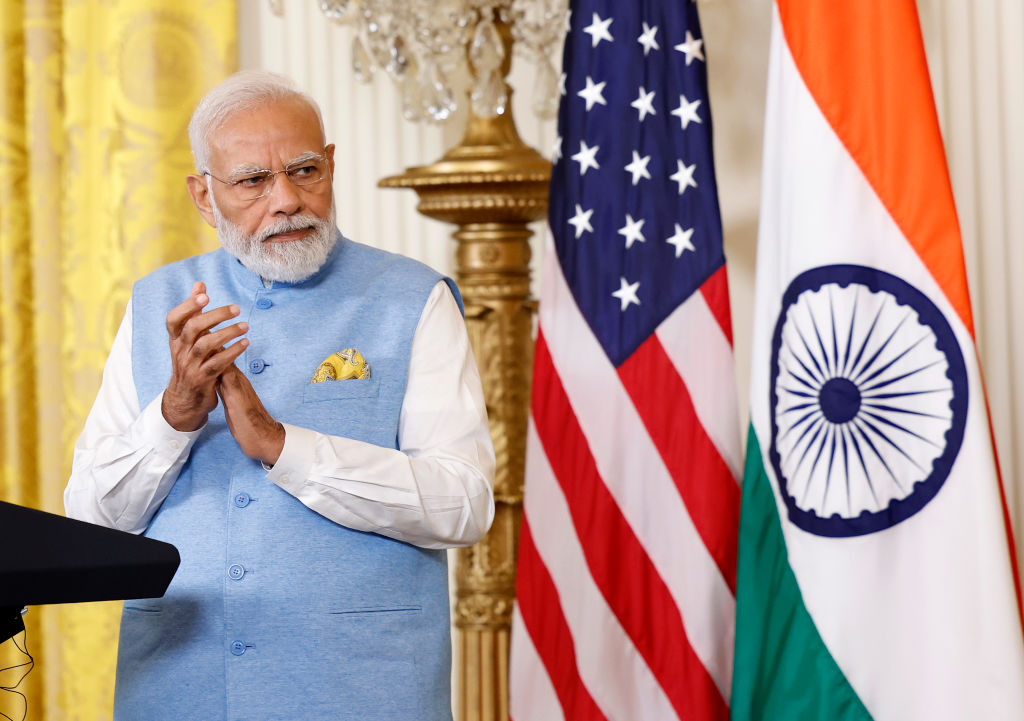When Indian Prime Minister Narendra Modi met with US President Joe Biden in the White House last month, many observers saw the makings of an evolving alliance against China. But such expectations are overwrought. As Indian Foreign Minister S. Jaishankar has made clear, a formal alliance is not in the cards, even if it is still possible to maintain long-term partnerships in a multipolar world of ‘frenemies’.
India has a long history of post-colonial mistrust of alliances. But it has also long been preoccupied with China, at least since the Himalayas border war the two countries fought in 1962. While serving in President Jimmy Carter’s administration, I was sent to India to encourage Prime Minister Morarji Desai to support a South Asian nuclear-weapons-free zone, lest the burgeoning nuclear race between India and Pakistan get out of hand. As my Indian hosts told me at the time, they wanted to be compared not to Pakistan in South Asia, but to China in East Asia.
After the terrorist attacks of 11 September 2001, the United States and India began 20 years of annual ‘track 2’ talks between former diplomats who were still in close contact with those in government. (The American delegation, for example, included figures such as Henry Kissinger and Richard Holbrooke.) The Indian participants shared their US counterparts’ concerns about al-Qaeda and other extremist threats in Afghanistan and Pakistan, but they also made clear that they objected to the Americans’ tendency to think about India and Pakistan as ‘linked by a hyphen’.
Source : ASPI

